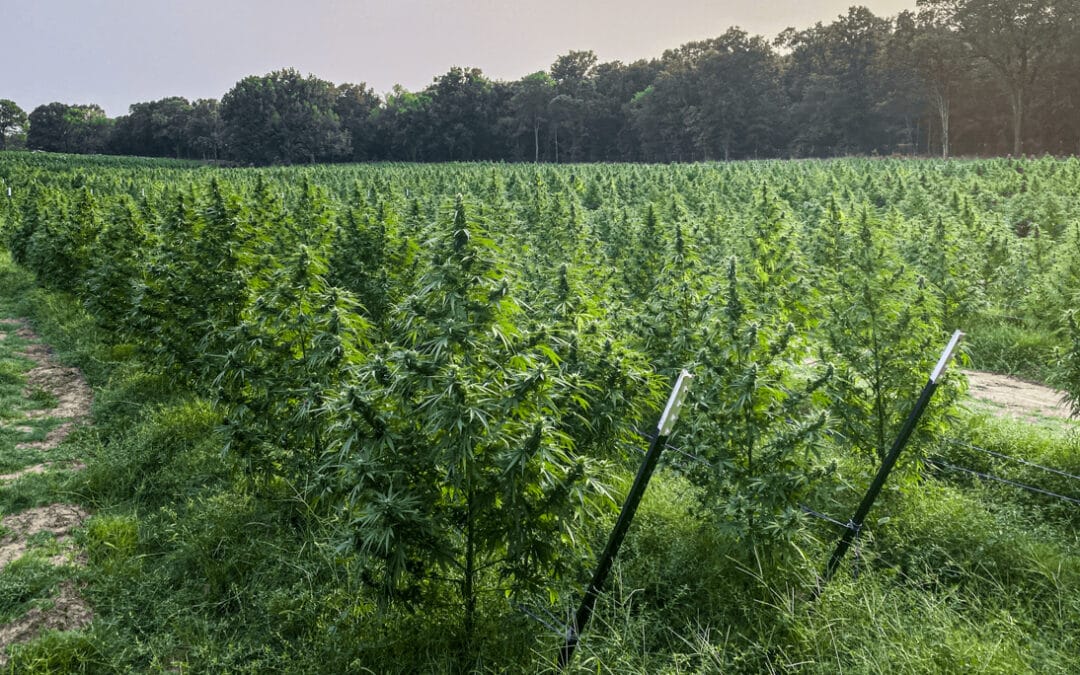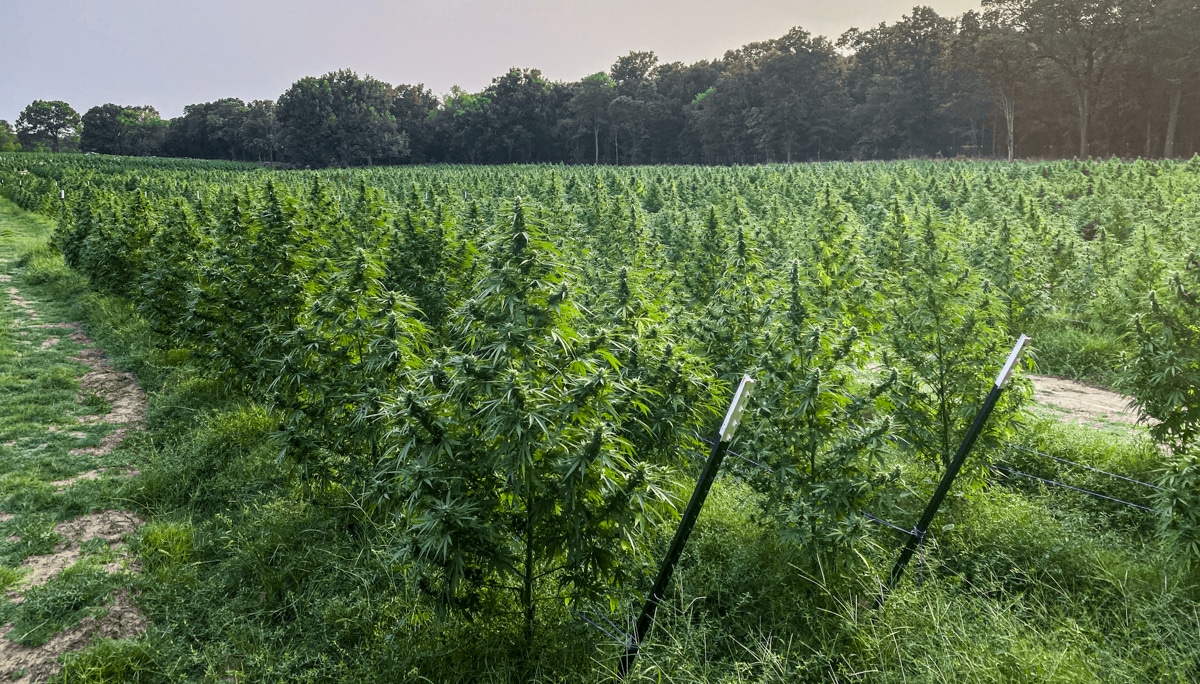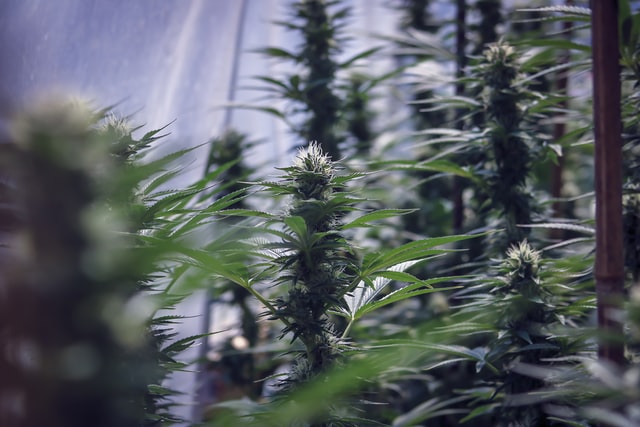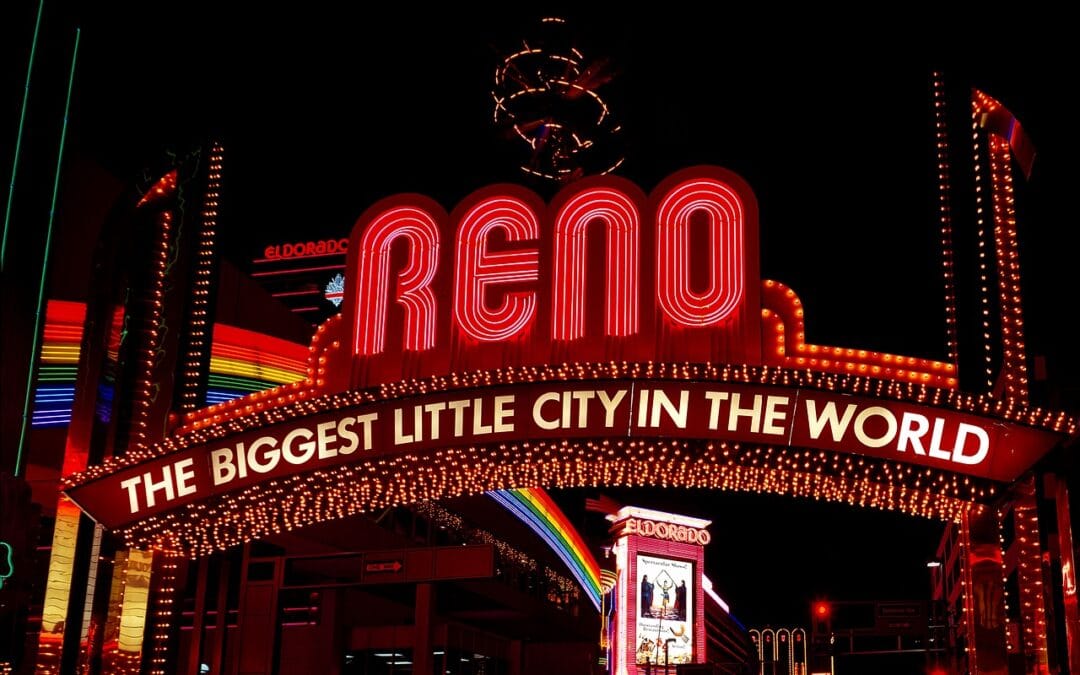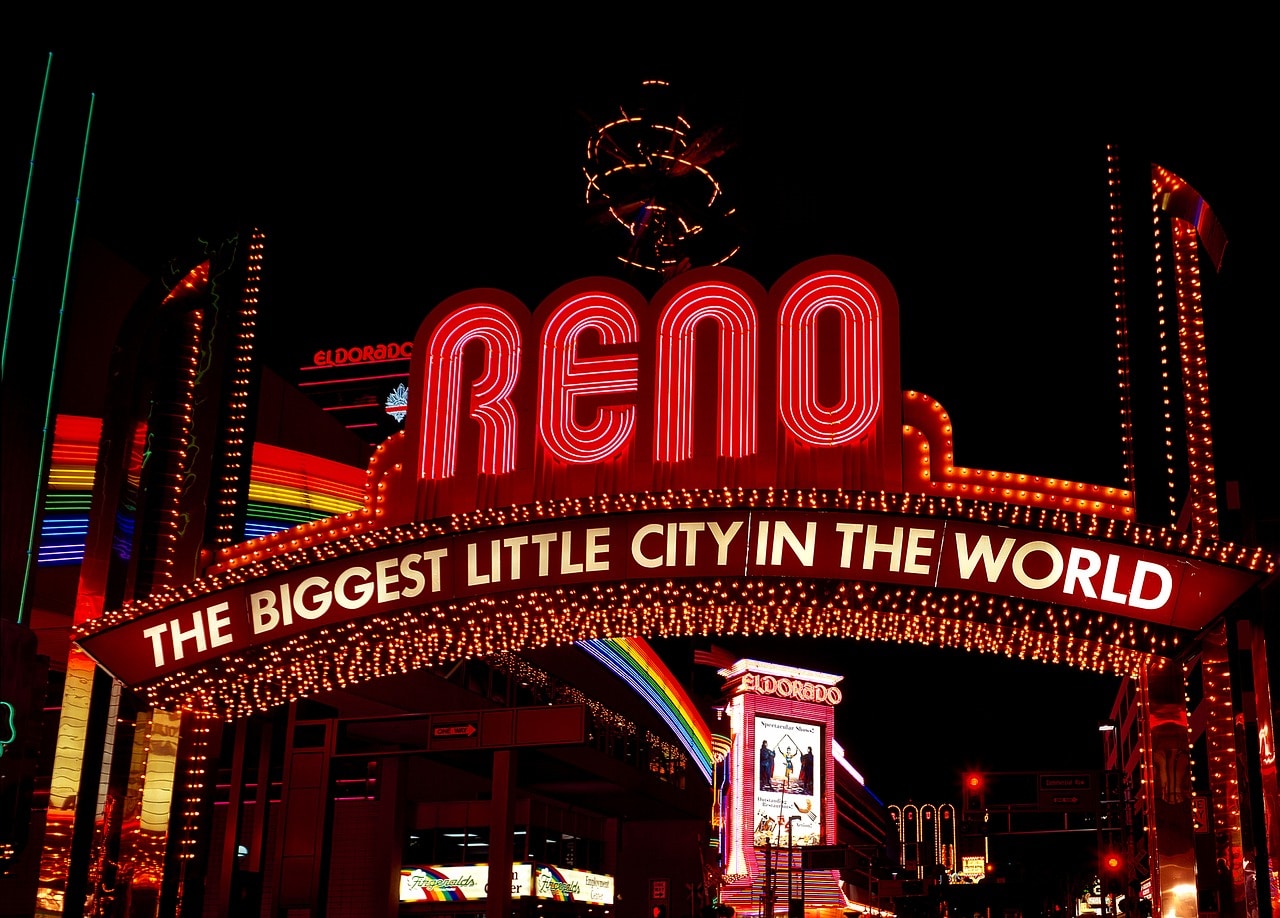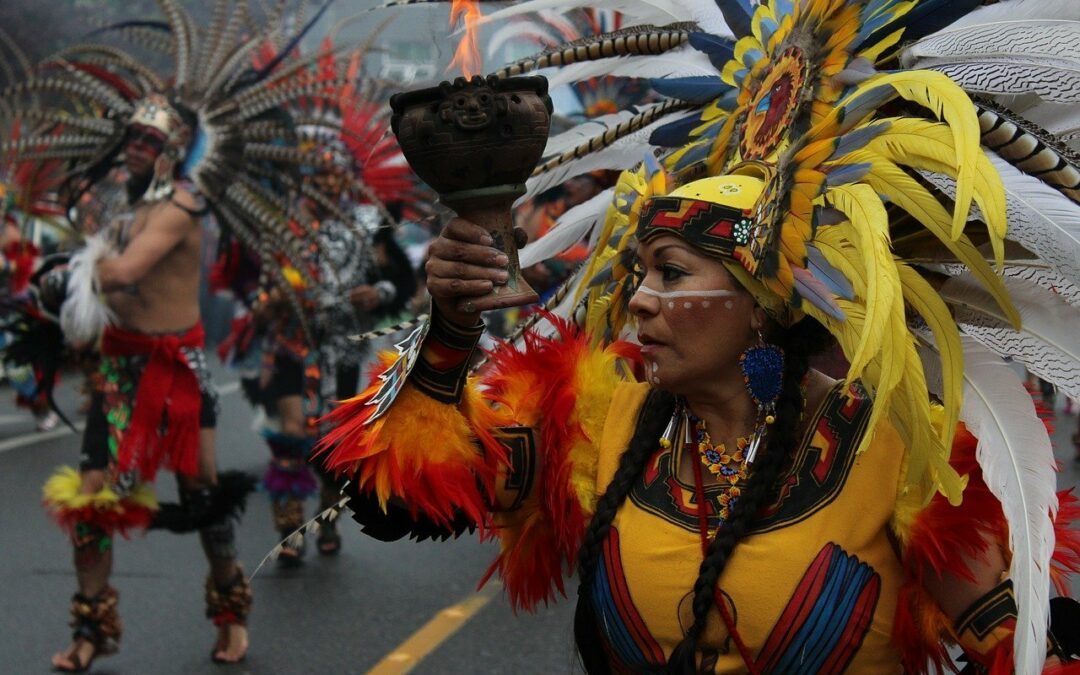
American Native tribes partner up to cash in on marijuana business opportunities
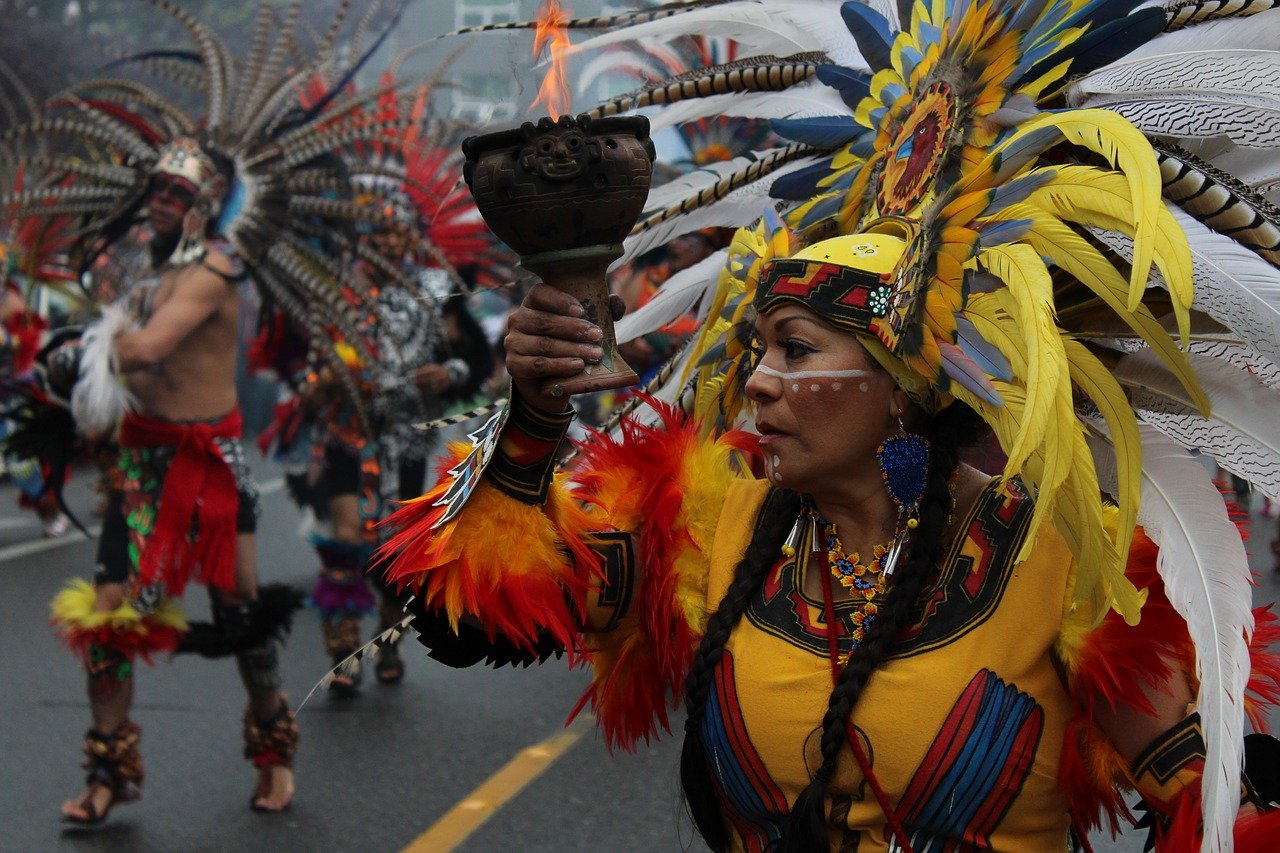
American Indian communities are increasingly collaborating to get a piece of the explosive growth of the cannabis industry by offering products based on tribal medicine from their ancestral origins.
The partnerships are helping break down longstanding barriers to Indigenous entrepreneurship in the marijuana and hemp industries.
“When we all are doing this together, we all win,” said Chenae Bullock, managing director of New York’s Little Beach Harvest and the Shinnecock Nation cannabis division, which has joined with Tilt Holdings, a Massachusetts-based multistate cannabis operator, to establish a vertically integrated marijuana business on Shinnecock tribal lands.
“I call them ancient trade routes,” she said. “We’ve been doing commerce with tribes since before colonialism.”
Tribes are also joining forces to share expertise.
“In order for us to be competitive, we had to make it a collaborative, inclusive, sustainable ecosystem,” said Jeff Sampson, CEO at Everscore, an online marijuana marketplace working with the Native American Cannabis Alliance (NACA).
Collective growing
Three American Indian tribes – the Mohawk Nation and Cheyenne and Arapaho Tribes – announced this fall an agreement to dedicate 500,000 acres of land to cannabis cultivation.
They’re joining the NACA, a joint initiative between Cherokee Nation’s Native Health Matters Foundation and Everscore, a direct-to-consumer, online cannabis marketplace.
The NACA was established in 2020, when the partners were working to develop a fulfillment center in Oklahoma as a way to get tribes involved in the cannabis industry, said the organization’s creator, Tim Houseberg of Stilwell, Oklahoma.
Because the supply chain was so fragmented, the effort turned into something much bigger.
“We just heard story after story about farmers who had the experience and wanted to participate, but they felt like the risk to actually commit to planting was too great because they couldn’t access markets,” Sampson said.
“We facilitate the connection between a customer and a brand. We felt like we could facilitate a connection between a brand and a grower – in this case, Indigenous farmers.”

